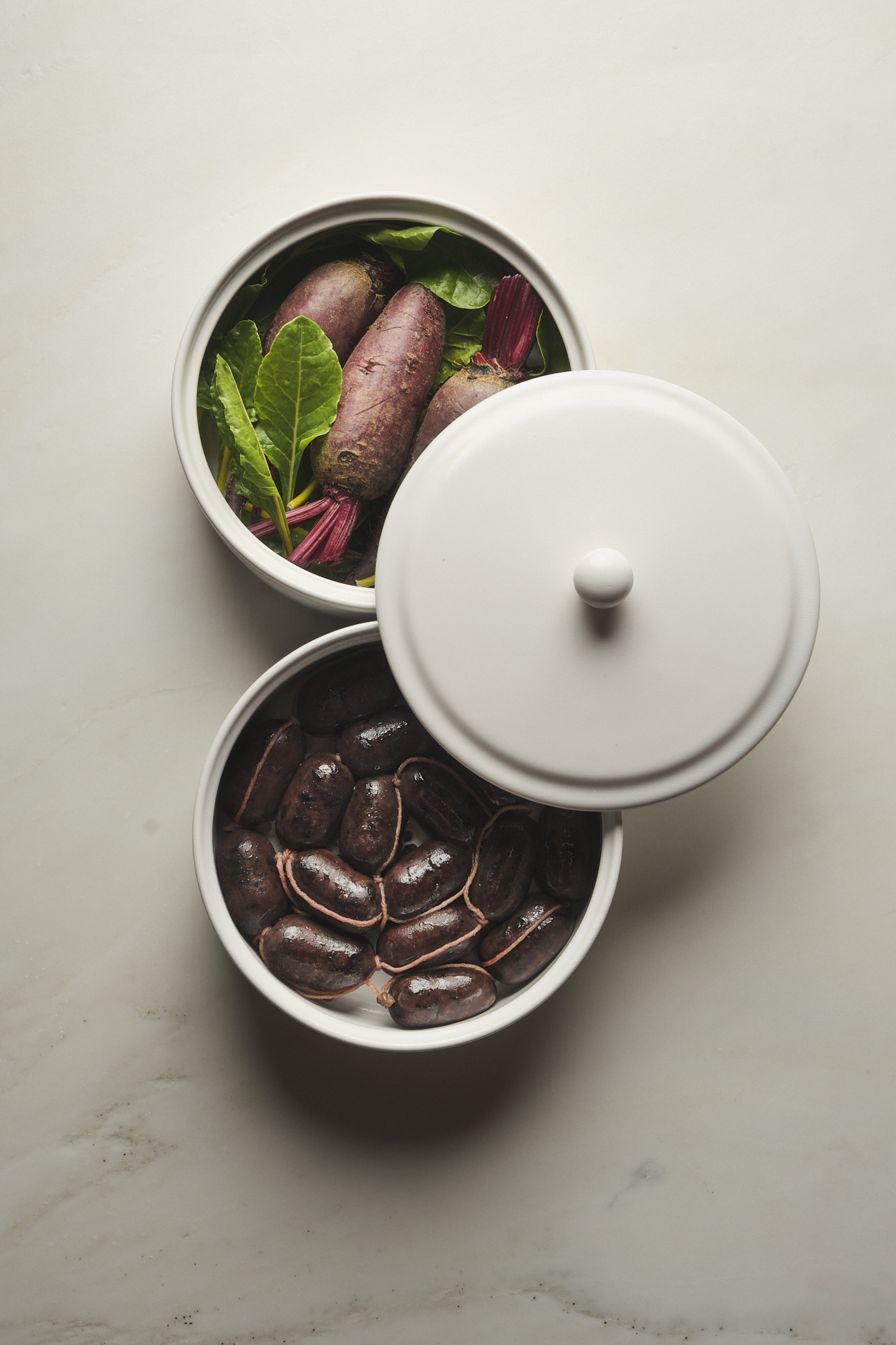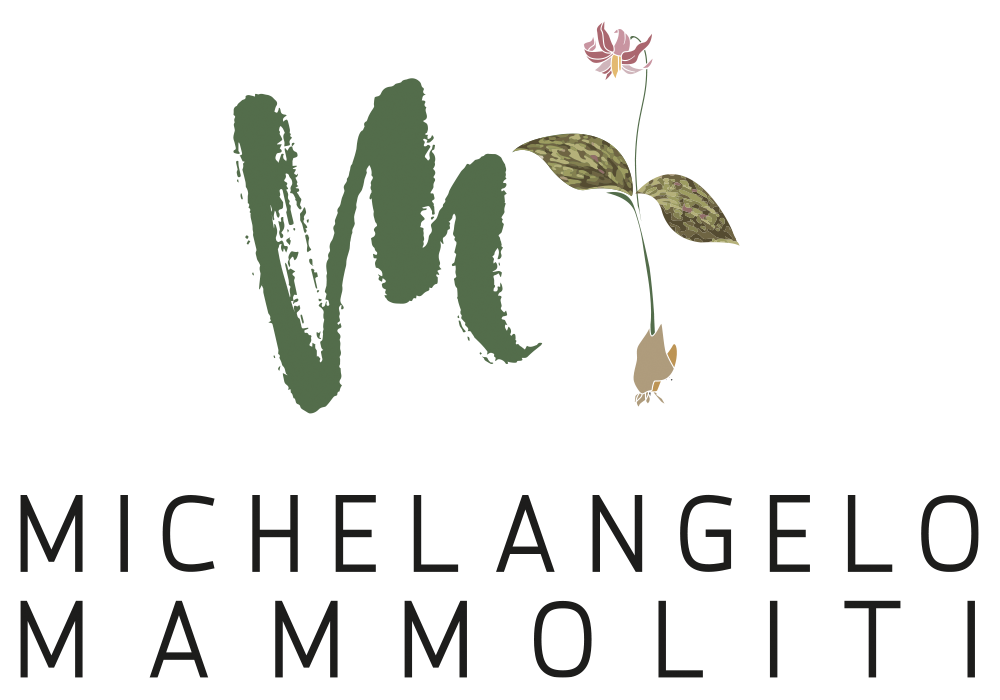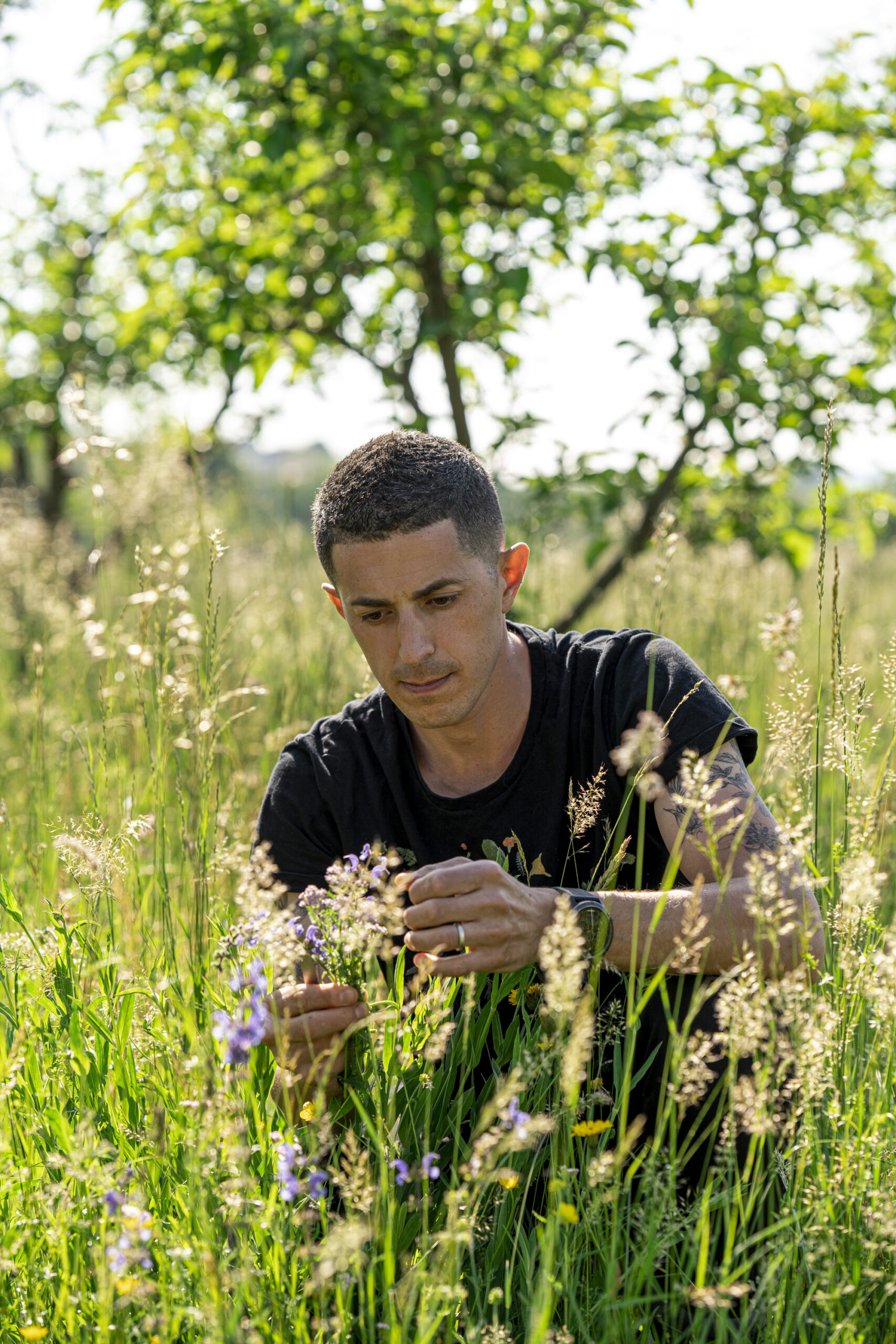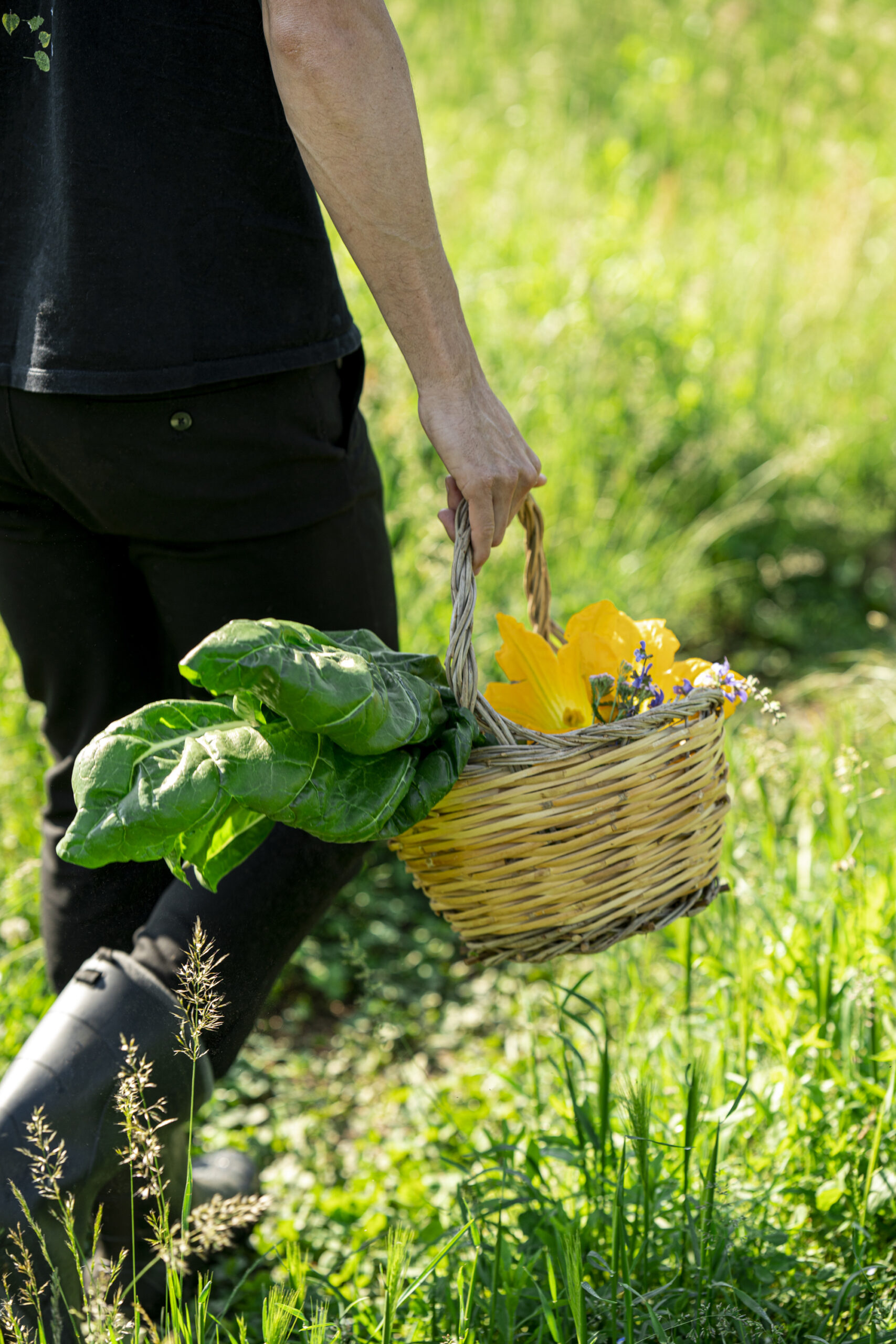nature
”Naturale, della memoria e istintiva”My cuisine speaks the language of nature. I love the colours, sounds and products of the local area that are mixed with suggestions from far away, sometimes very far away, that I have learnt around the world. There are herbs, spices, roots and plant species that I personally grow in my vegetable garden and greenhouse, and which are the foundation on which my philosophy is based.
"My good morning comes from the garden", come amo ripetere alla mia brigata. Tanto che il primo gesto che faccio ogni giorno, prima ancora di entrare in cucina, è verificare che tutto ciò che coltivo stia crescendo nel modo giusto. E poi naturalmente, ci sono le materie prime locali, quelle che fanno grande il territorio, quelle che ogni chef ha il dovere morale di esaltare, quelle per cui il nostro Paese è riconosciuto in tutto il mondo.





